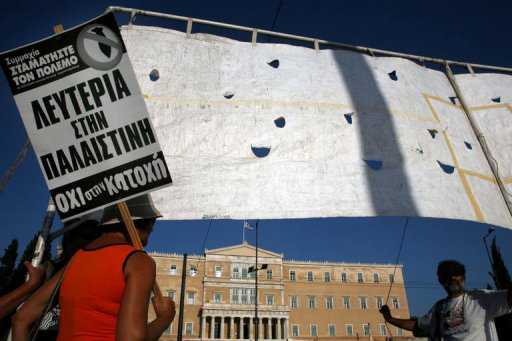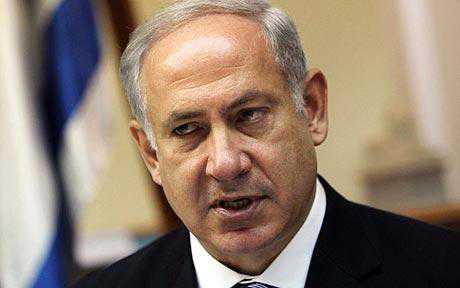Interview with Israeli FM Avigdor Liberman on Reka Radio (Russian)
Under no conditions or provocations can any flotilla or ship harm our
country’s political independence and reach the Gaza Strip.
(Translation by Ministry of Foreign Affairs)
INTERVIEWER: Despite Nicosia’s warning, the Lebanese ship with 60 women on board – Lebanese, Palestinian and European activists – will set sail on
Sunday, August 22, with the infamous mission of trying to breach the naval
blockade on the Gaza Strip. And the Cyprus authorities have unequivocally declared they will not allow the ship to enter Cyprus’s territorial waters and will turn the ship away as soon as it approaches its shores. Mr. Minister, is this declaration the result of Cyprus’s policy or an achievement by Israel’s foreign policy?
FM LIBERMAN: This declaration is without a doubt part of the new relations between us and Cyprus. It reflects our new approach of a multilateral policy. Suffice it to say that over the past year and a half I met with Cyprus’s foreign minister on six occasions, including twice when he visited Israel and on my visit to Cyprus. Our ministers of tourism and social affairs also paid visits. In the autumn, the president of Cyprus is scheduled to make the first ever visit to the State of Israel. In general, this entire spectrum: the Middle East and Balkan states, meaning Cyprus, Greece, Bulgaria and Romania – all these are countries with which we are developing especially close ties. It’s no secret, I paid my visits and just recently the prime minister of Greece visited here, and President Peres visited Bulgaria and Romania. So despite the relative deterioration in our relations with Turkey, we do have other alternatives.
INTERVIEWER: In other words, Israel’s handprint, in the positive sense of
the word, is today being made in many places, including in Cyprus. Is Israel
ready for the next wave of history, which will take place after the women
equipped with medicine for suffering Palestinian cancer patients are
prevented from reaching Gaza?
FM LIBERMAN: I hope we do indeed succeed in foiling this next flotilla while
it is still in Cyprus. However part of Cyprus is Turkish, so there’s a
chance they will use Famagusta port, where we have a lot less influence. If they anchor in Limassol, they probably won’t be able to sail out of there. At any rate, our position is absolutely clear and firm – under no conditions or provocations can any flotilla or ship harm our country’s political independence and reach the Gaza Strip.
INTERVIEWER: There is another interesting angle here. The Lebanese prime
minister and chairman of parliament have refused to make any kind of
statement in support of the actions of the new “peace-loving” ship. Samar
Ali Hajj, one of the woman organizers of the voyage, reported that the two
refused to meet with her. This refusal indicates that Beirut officially does
not support this action. Again, is this about Israeli pressure or a natural
lack of desire to support.
FM LIBERMAN: This is partly our doing. We indirectly contacted members of
the Quartet – France, the United States, and the other members. We appealed
to the president of France, who has great influence in Lebanon. Of course we
also contacted the State Department and the UN secretary-general. Lebanon
must understand that it will bear the full brunt of responsibility for this
kind of provocation. I suppose they understand it even without our
explanations. So under no circumstances do they want to bring on a new round of escalation in the relations between our two countries. In my humble opinion, their position is clear, simple and logical.
INTERVIEWER: The humanitarian activity is not limited to the “Mariam”.
Another ship, carrying 60 containers of foodstuffs, office equipment and
other things, departed on Wednesday evening from Algeria en route to Egypt
and from there to the Gaza Strip. Is this more complex and more volatile?
FM LIBERMAN: We hope this ship will reach El Arish port, where the entire
cargo will be unloaded; and then from there, in the usual manner, under
strict observance of all the inspection rules, the cargo will be transferred
to the Gaza Strip. That was the case with the ship from Libya that, in an
identical manner.
INTERVIEWER: So you don’t expect any special complications here.
FM LIBERMAN: We hope there won’t be any attempts to breach the blockade –
namely to sail towards El Arish and then suddenly change course and try to
breach the naval blockade on Gaza.
, 23 August 2010







